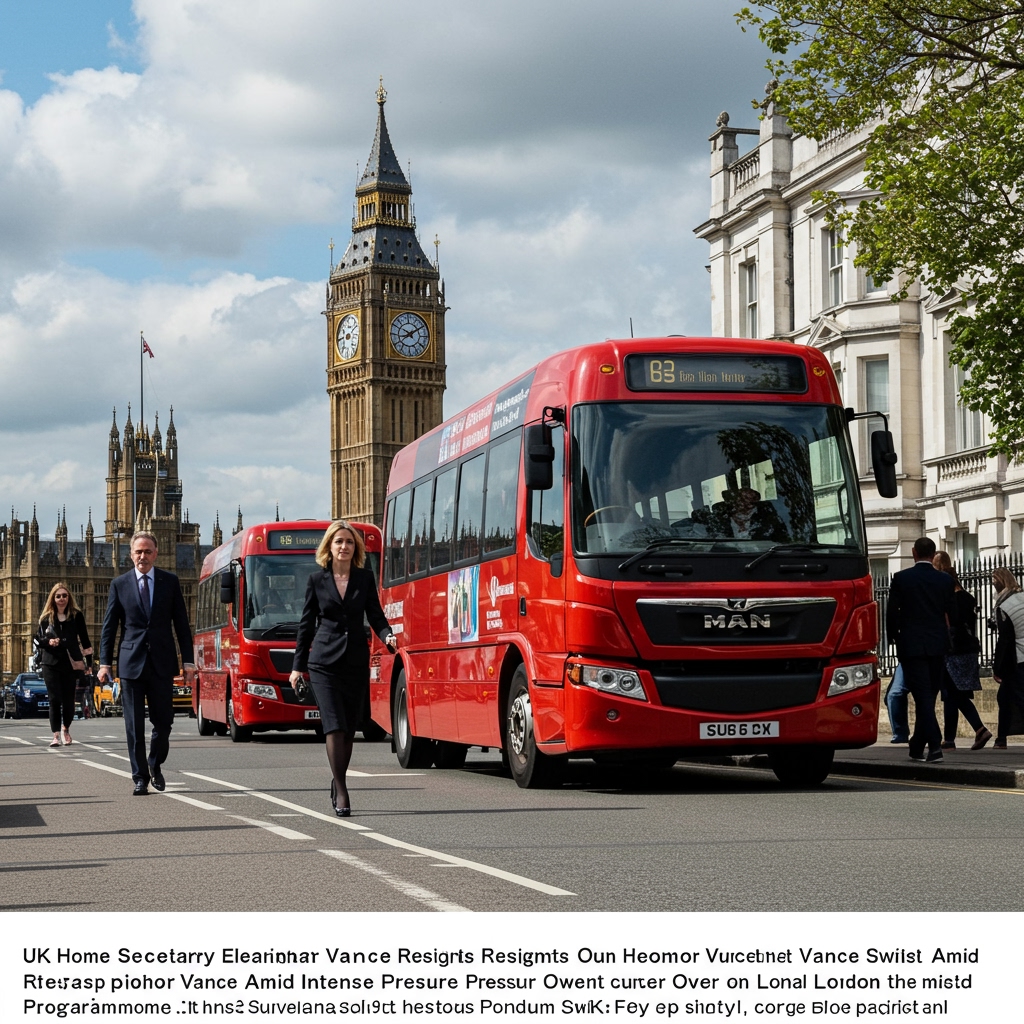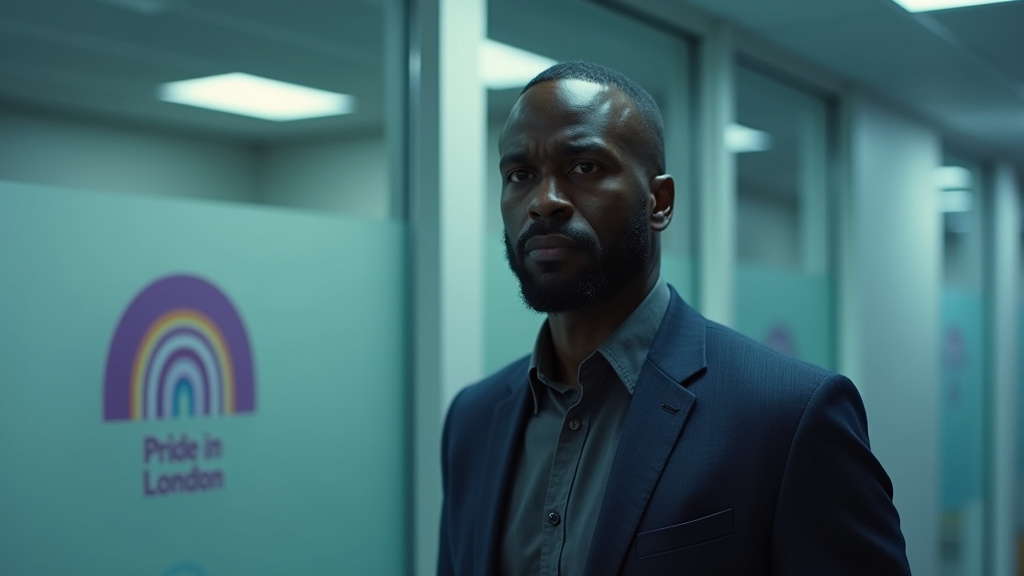London, UK – The Rt Hon. Eleanor Vance has today resigned from her position as Home Secretary, a high-stakes departure following sustained and intense pressure surrounding the controversial ‘Operation Safe Streets London’ initiative.
The programme, designed to enhance public safety through expanded Closed-Circuit Television (CCTV) surveillance and extensive data collection, particularly targeting areas within Central London, Tower Hamlets, and Hackney, had become the focal point of widespread public criticism. Allegations of privacy breaches and operational failures fueled significant social media backlash, coalescing around hashtags such as #SafeStreetsFail.
Political Fallout and Resignation
Ms. Vance’s resignation was confirmed this afternoon by Prime Minister Alistair Hayes from Downing Street. The Prime Minister acknowledged her departure but offered little immediate detail beyond confirming the transition.
In a swift governmental adjustment, Security Minister David Chen is set to assume the critical role of Home Secretary on an interim basis, effective immediately. The appointment of Mr. Chen is intended to provide continuity amidst the political upheaval triggered by the fallout from ‘Operation Safe Streets London’.
Understanding ‘Operation Safe Streets London’
‘Operation Safe Streets London’ represented a significant government investment in surveillance technology and data analysis aimed at bolstering security in specified London boroughs. While proponents argued the necessity of such measures in combating crime and enhancing public safety, critics swiftly raised alarms about the potential erosion of civil liberties.
The operational scope included not just a boost in the number of CCTV cameras but also sophisticated data collection methods, the specifics of which remained a source of public and political contention. The initiative was implemented across key areas including the bustling heart of Central London, the diverse communities of Tower Hamlets, and the vibrant neighbourhoods of Hackney.
Public Backlash and Privacy Concerns
From its inception, ‘Operation Safe Streets London’ faced a barrage of public disapproval. The notion of expanded governmental surveillance, particularly concerning data collection, resonated negatively with a significant portion of the populace.
The backlash was amplified across social media platforms, where critics, privacy advocates, and concerned citizens voiced their objections using identifiers such as #SafeStreetsFail. This digital wave of protest highlighted allegations ranging from unauthorised access to data to questions about the effectiveness and reliability of the operation’s technological underpinnings, described broadly as \”operational failures.\”
Concerns were not limited to abstract privacy rights. Advocacy groups and civil liberties organisations articulated significant civil liberties concerns, arguing that the extensive surveillance infrastructure deployed under ‘Operation Safe Streets London’ posed a direct threat to the fundamental rights of individuals to privacy and freedom from unwarranted scrutiny.
Opposition Calls for Inquiry
The Opposition has seized upon the controversy and the Home Secretary’s resignation to press for greater accountability. They have formally called for an independent inquiry into ‘Operation Safe Streets London’.
Their demand for a thorough investigation specifically targets the planning and implementation phases of the programme. The Opposition has cited two primary areas of concern underpinning their call: the substantial public funds allocated to the initiative and the aforementioned significant civil liberties concerns raised by its execution.
The call for an independent body to scrutinise ‘Operation Safe Streets London’ reflects a desire for transparency and a comprehensive review of how such large-scale surveillance programmes are conceived, funded, and executed within the framework of democratic governance and individual rights.
The Path Forward
The resignation of Rt Hon. Eleanor Vance marks a pivotal moment in the controversy surrounding ‘Operation Safe Streets London’. While the immediate focus shifts to the interim leadership of David Chen at the Home Office, the fundamental questions raised by the operation – concerning privacy, surveillance technology, public expenditure, and civil liberties – remain pressing.
The future of ‘Operation Safe Streets London’, its potential modification, suspension, or continuation, is now uncertain, subject to the decisions of the new interim leadership and the potential outcomes of any future inquiry. The political landscape, already complex, has been further complicated by the departure of a senior cabinet minister over an initiative that aimed to make streets safer but instead ignited a firestorm of criticism over privacy and public trust. The public and political debate over the balance between security measures and civil liberties, highlighted by the specific circumstances of ‘Operation Safe Streets London’ in Central London, Tower Hamlets, and Hackney, is likely to continue intensely in the coming days and weeks.





